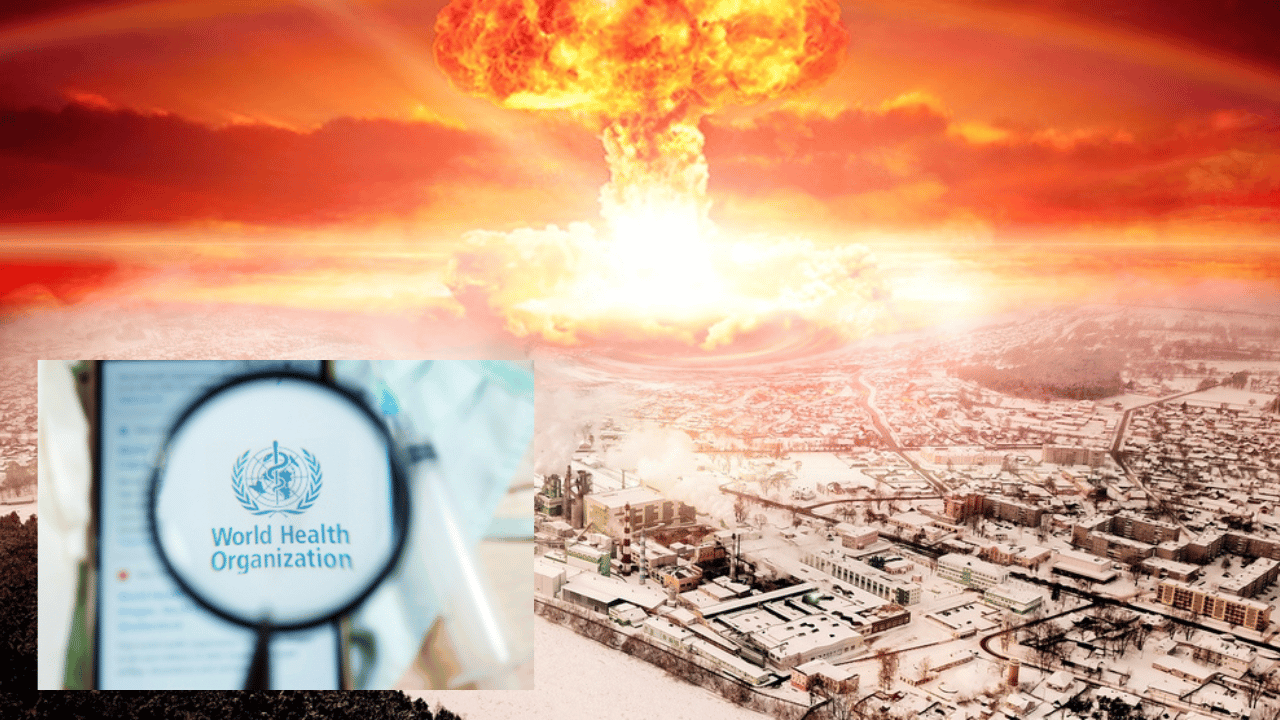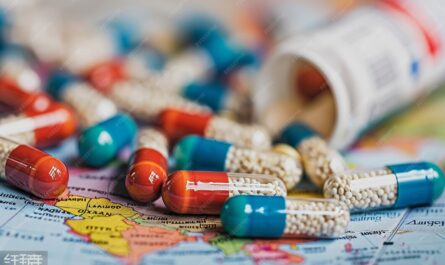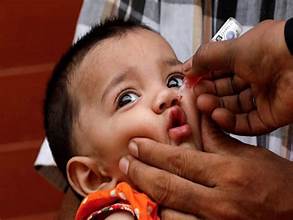In a move that underscores growing global concerns over nuclear and radiological threats, the World Health Organization (WHO) has officially recommended that all countries maintain strategic stockpiles of life-saving medical supplies to prepare for potential radiological and nuclear emergencies. This announcement is part of a broader effort to enhance global health resilience in the face of rising geopolitical tensions, the increased use of nuclear technology, and the threat of large-scale disasters, whether accidental or intentional.
Understanding the Risks
Radiological and nuclear emergencies refer to events involving the release of radioactive materials that can pose serious risks to human health. These may include nuclear power plant accidents, dirty bomb attacks, radiological dispersal devices, or even full-scale nuclear warfare. Such emergencies can lead to widespread exposure to harmful radiation, causing acute radiation syndrome (ARS), long-term health complications like cancer, and psychological trauma.
According to WHO, preparedness is essential because the impact of radiation exposure is time-sensitive, and effective response requires immediate medical intervention. In many cases, the first few hours after exposure are critical for administering treatments that can save lives or significantly reduce health complications.
Key Medications for Stockpiling

The WHO guidance emphasizes the need for a comprehensive stockpile of essential medicines that can be deployed quickly during a radiological event. These include:
- Potassium Iodide (KI): Used to protect the thyroid gland from radioactive iodine.
- Prussian Blue: Helps remove cesium and thallium from the body.
- Chelating Agents (e.g., DTPA): Used to bind and eliminate radioactive elements like plutonium, americium, and curium.
- Cytokines and Growth Factors: Used to support bone marrow function in cases of severe radiation exposure.
- Pain Management and Antibiotics: To treat symptoms and infections that may arise as a result of radiation injury.
Additionally, WHO recommends that countries ensure the availability of medical devices, protective gear, and emergency diagnostics equipment that can support the rapid assessment and treatment of affected populations.
The Need for a Coordinated Response
The WHO emphasizes that the creation and maintenance of medical stockpiles is not just a national responsibility but a matter of international public health. Radiological emergencies often have cross-border implications, and without a coordinated response, the impact can spiral beyond the capacity of individual countries.
By maintaining these stockpiles and establishing distribution plans, countries can ensure swift action in times of crisis. WHO also recommends that governments conduct regular emergency preparedness drills and integrate radiation-related scenarios into their disaster response frameworks.
Global Preparedness Gaps
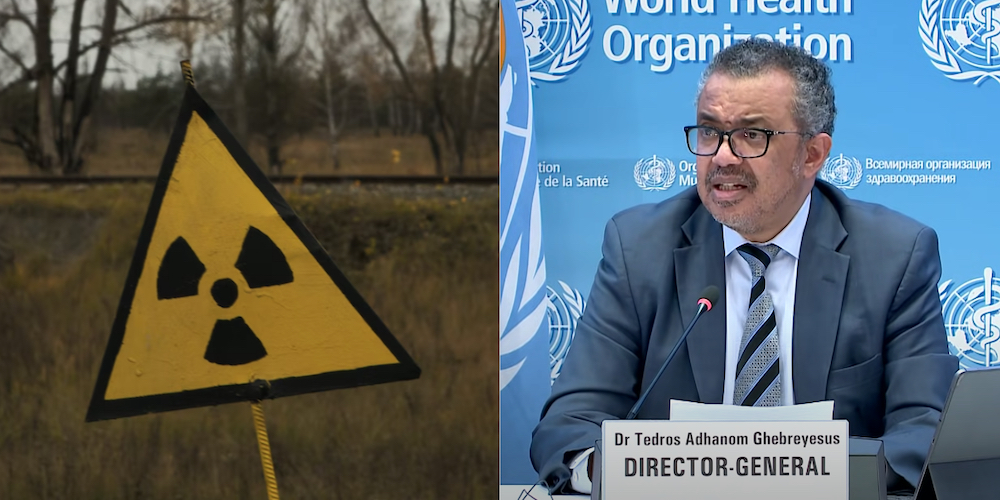
Despite the urgency, WHO notes that global preparedness for radiological emergencies remains uneven. Many low- and middle-income countries lack the infrastructure, resources, and training needed to effectively respond to such threats. This gap can exacerbate the effects of a radiological disaster and hinder timely medical intervention.
WHO’s guidance serves as a call to action, encouraging investment not just in medicines, but in the systems and infrastructure necessary to manage radiation emergencies. This includes healthcare worker training, public awareness campaigns, radiation detection and monitoring systems, and cross-border cooperation.
Geopolitical Context
The timing of WHO’s recommendation is significant. With ongoing conflicts around the globe, increasing nuclear capabilities among several nations, and the possibility of terrorist groups acquiring radioactive materials, the threat of a radiological incident is no longer confined to theory. Incidents like the Chernobyl and Fukushima disasters serve as stark reminders of how quickly radiation emergencies can spiral into large-scale humanitarian crises.
WHO’s updated guidance appears to be a proactive effort to ensure that the international community does not remain complacent in the face of such dangers.
The Role of Public Awareness
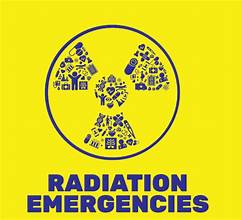
Apart from government-led initiatives, public awareness is crucial. Many people are unfamiliar with the dangers of radiation exposure and how to respond in the event of an emergency. WHO suggests public education campaigns that teach basic radiation safety principles, how to recognize symptoms of exposure, and when to seek medical attention.
Knowledge of the proper use of medicines like potassium iodide, for instance, is vital. It must be administered at the right time and dose to be effective. Misuse can be ineffective or even harmful, making proper public instruction a necessary component of emergency planning.
Looking Ahead
The WHO’s call to action is not merely about stockpiling medicines. It represents a broader commitment to global health security in a world where new and old threats coexist. Radiological emergencies may be rare, but their consequences are potentially catastrophic. Investing in preparedness today can save lives tomorrow.
Countries must take this guidance seriously, not just as a response to current geopolitical climates, but as part of a long-term strategy for national and international safety. Resilience against radiological threats requires collaboration, planning, and readiness at all levels of society.
Conclusion
The WHO’s directive to stockpile essential medications for radiological emergencies is a timely and necessary measure to bolster global readiness for nuclear or radiological incidents. It reflects the increasing complexity of global threats and the need for health systems to be agile and responsive. By taking proactive steps now, nations can mitigate the devastating health impacts of such emergencies and safeguard their populations from unseen but deadly dangers.
